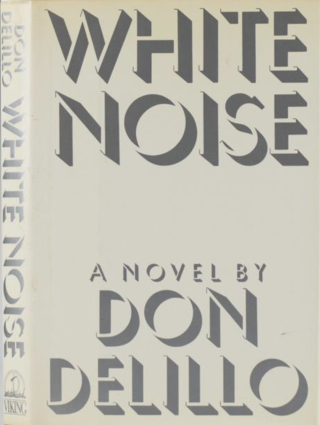Libra is the last of three DeLillo novels from the 1980s that have now been reissued by the Library of America. With appendices, notes, new prefaces by the author as well as his Kennedy assassination essay and another on neo-Nazis in the United States, the volume runs to over 1,000 pages. Including The Names (1982), a novel about a cult set mostly in Greece, and White Noise (1985), a Midwestern campus drama that devolves into existential uncertainties, this is a compilation that grasps everything while also pointing out that an excess of material may, in terms of understanding, easily amount to nothing. We learn about fossil fuels and risk analysis, Hitler studies and toxic chemicals, millenarian cults and shadowy operatives of the deep state, but at these novels’ core are the mysteries of American power at home and abroad. Written in the fog of the Cold War, they take the story of America’s postwar years, usually seen as a triumphal rise to perpetual dominance and the end of history, and convert it into the story of a long, chaotic decline. Perhaps for this reason, these American novels written over the course of a decade feel like they are recording half a century, and if they speak powerfully of the past, they simultaneously manage to address the present.
The Names, probably the least known of this trifecta, is soaked in the triumphant self-mythologizing endemic to a superpower. Its protagonist, James Axton, is an American working as a corporate risk analyst in Athens. Axton’s days are an expatriate’s seesawing from mundane activity to joyless pleasure, his sensibilities always at odds with a jagged, old city that now serves as a forward operating base for Americans working the levers of finance, oil, and military aid in Asia and the Middle East.
An estranged family—Axton’s Canadian wife, Kathryn, lives on Kouros, an island in the Cyclades, along with their precocious child Tap (some of whose writing appears in the novel and was apparently taken by DeLillo from the childhood scribbles of Atticus Lish, son of his friend Gordon)—adds a biographical touch to Axton without providing him with the slightest dose of interiority. Neither his incessant first-person narration nor the endless conversations he holds with the other expats provides anything like a self. To Kathryn, he explains his forthcoming trips to “Istanbul, Ankara, Beirut, Karachi” in the following manner:


